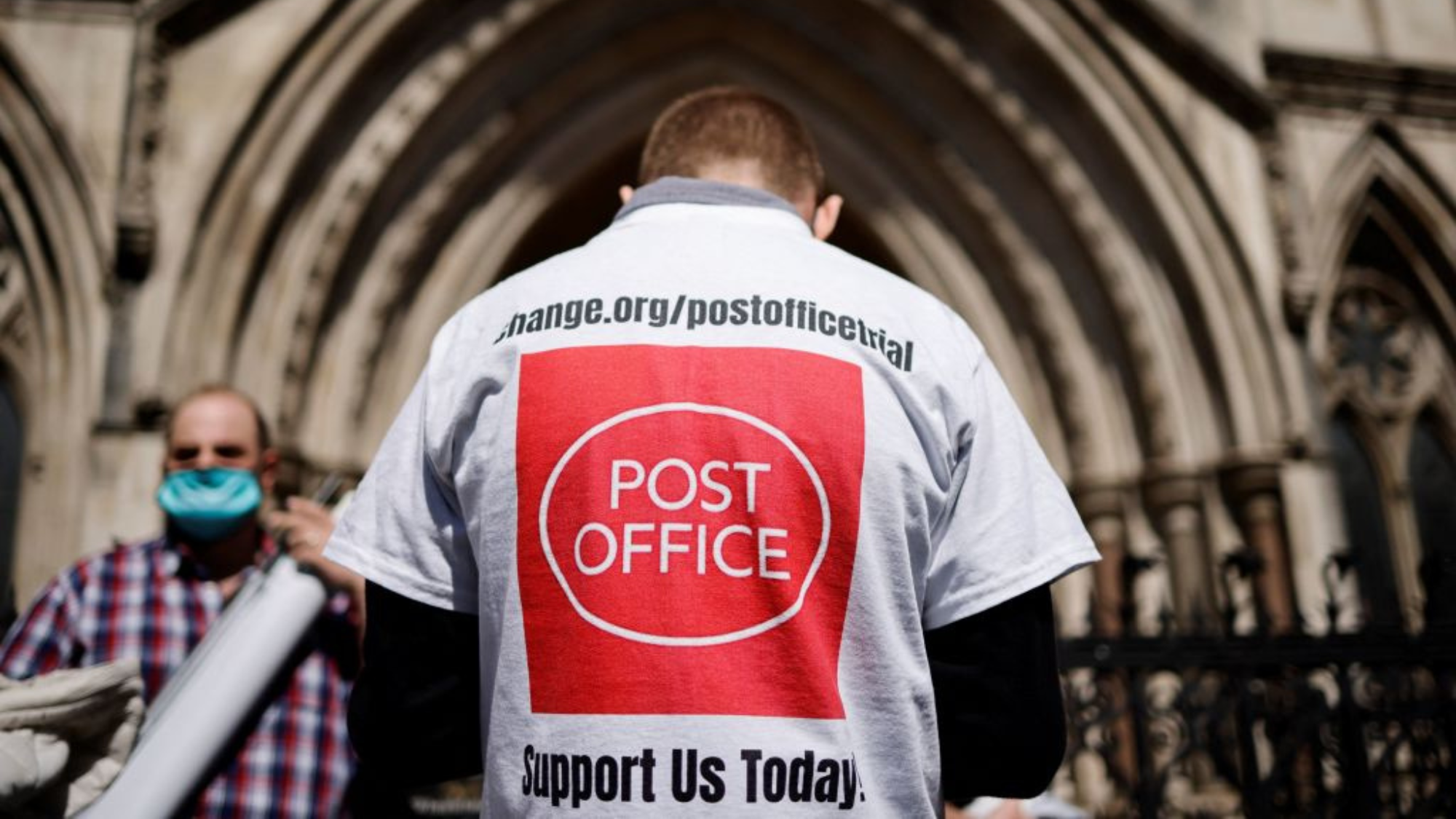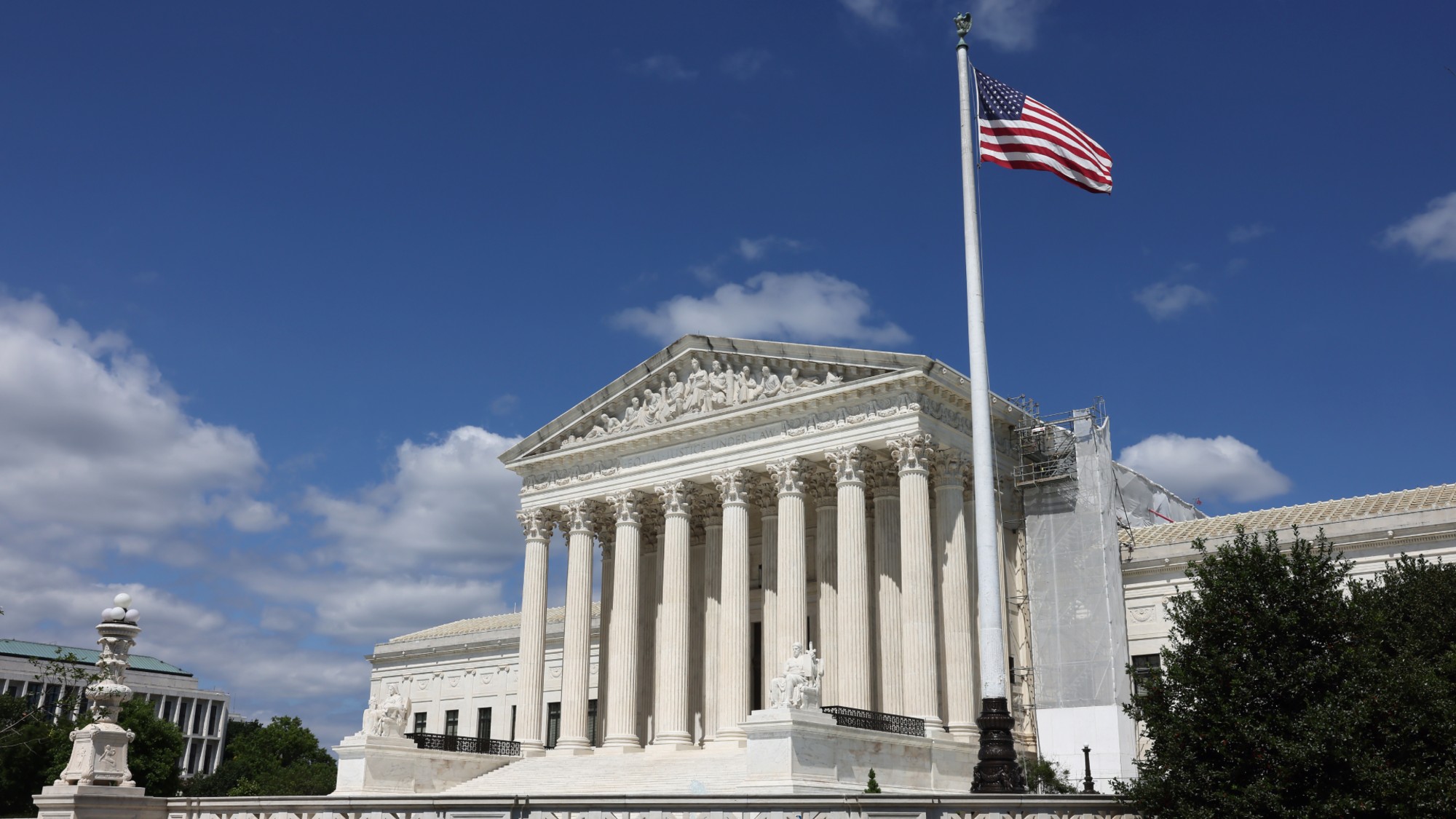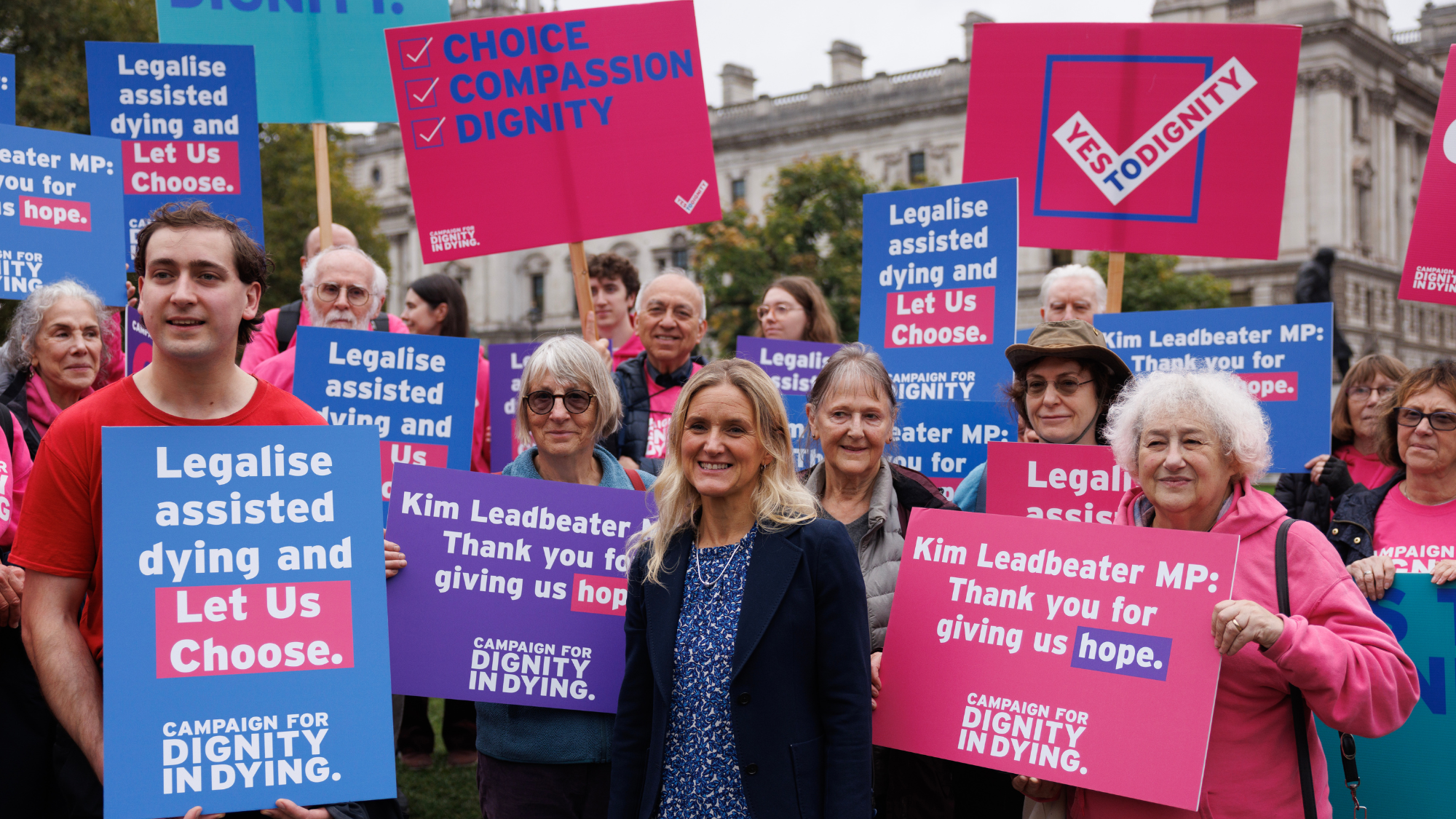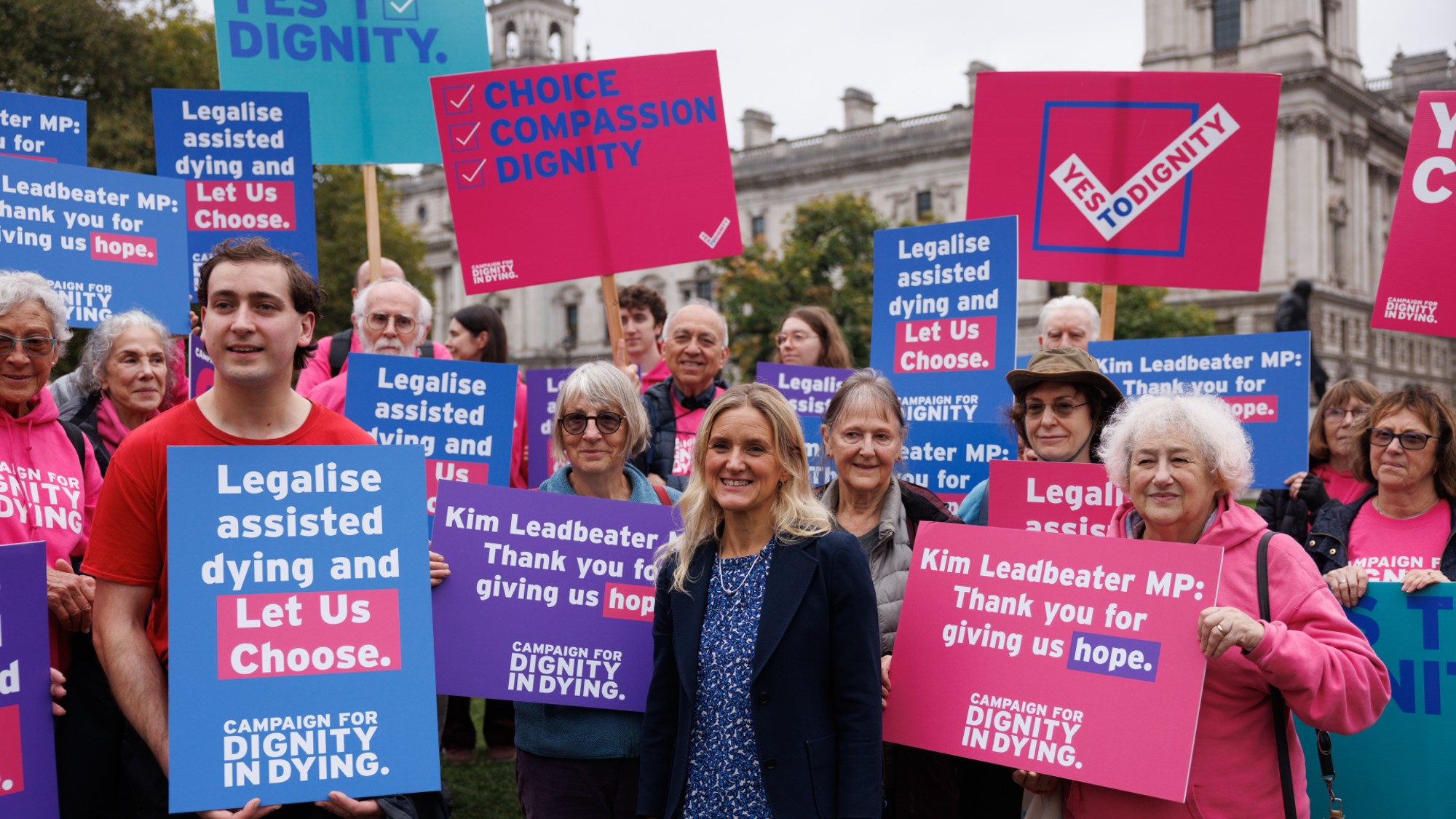How the Post Office got its prosecution powers
Scandal shines light on institution's historic ability to prosecute its own cases

A free daily email with the biggest news stories of the day – and the best features from TheWeek.com
You are now subscribed
Your newsletter sign-up was successful
After years of campaigning, hundreds of Post Office workers accused of crimes including fraud and false accounting could see their names cleared by the end of the year.
New legislation will ensure that subpostmasters who were wrongfully convicted as a result of faulty accounting software between 1999 and 2015 are "swiftly exonerated and compensated", Rishi Sunak said yesterday. During that 16-year period, more than 700 people were prosecuted in one of the UK's biggest miscarriages of justice.
Government minister Kevin Hollinrake said this week that there was evidence of "not only incompetence but malevolence" in "many" of the prosecutions brought by the Post Office.
The Week
Escape your echo chamber. Get the facts behind the news, plus analysis from multiple perspectives.

Sign up for The Week's Free Newsletters
From our morning news briefing to a weekly Good News Newsletter, get the best of The Week delivered directly to your inbox.
From our morning news briefing to a weekly Good News Newsletter, get the best of The Week delivered directly to your inbox.
Why can the Post Office bring private prosecutions?
The Post Office has no special authority to bring private prosecutions but instead pursued cases against its staff using its own investigation branch under the "general right in English law for any individuals and organisations to pursue private prosecutions", said the Financial Times.
But the Post Office and Royal Mail – which were until 2012 part of the same group owned by the government – have a long history of private prosecutions, with Royal Mail solicitors "believed to be the earliest known formal investigations and prosecutors in the world", said Counsel magazine.
The rising popularity of the UK's postal system during the 18th and 19th centuries led to "associated crime" increasing too. For more than 335 years, the Post Office Investigation Branch had the power to investigate offences committed against the post, said the Postal Museum, with the authority to prosecute the perpetrators of these crimes.
The unit has also historically employed crime prevention surveyors and systems analysts. During its lengthy history, this branch of the postal service has investigated "serious and varied" cases, said Counsel, including the Great Train Robbery in 1963.
A free daily email with the biggest news stories of the day – and the best features from TheWeek.com
Does the Investigation Branch still exist?
The unit changed its name in 1967 and again in 1996, becoming then the Post Office Security and Investigation Services. Then, when "499 years of state ownership" came to an end with the full privatisation of Royal Mail in 2015, said Counsel, the Royal Mail Group retained its investigative branch and legal department. It has continued to carry out "about 150" private prosecutions a year since.
The Post Office, which unlike Royal Mail is still wholly owned by the government, therefore now has "a perhaps unique position as a private prosecutor", the legal magazine continued. It is "granted no investigative powers" itself, but has "regularly undertaken joint investigations" with other bodies and the police that do have the necessary statutory powers to investigate relevant crimes.
It has also been given access to the Police National Computer system "for intelligence and prosecution purposes", said Counsel, and has the authority to authorise "directed surveillance".
Why were the Horizon prosecutions challenged?
The Justice for Subpostmasters Alliance (JFSA) was established in 2009 by a small group of Post Office workers who had been affected by accounting errors with the new Horizon software, and campaigned to "expose this state sponsored cover up". With "the aid of MP pressure" in the following years, independent investigators looking into a number of convictions found "there certainly was something not right", said the group.
The JFSA's efforts resulted in a 2019 High Court hearing in which the judge ruled the Horizon software had been riddled with "bugs, errors and defects" and that there was a "material risk" that shortfalls in Post Office branch accounts were caused by the system.
The judge, Mr Justice Fraser, was "highly critical of the Post Office", said Counsel, saying its submissions in the case paid "no attention to the actual evidence, and seem to have their origin in a parallel world".
When some of the convictions were then referred to the Court of Appeal, it was the Post Office's "unique position" as a private prosecutor that gave the Criminal Cases Review Commission "greatest cause for concern", said Counsel.
Legal experts have warned that private prosecutions come with a "higher risk" than public prosecutions, said the FT, as those pursuing them are "more likely to have motivations other than securing justice". Former director of public prosecutions Lord Ken Macdonald KC said a "body with skin in the game" comes with "obvious risks and dangers" when it acts as a prosecutor.
What is the future for private prosecutions?
"Triggered by the Post Office affair", the Justice Select Committee of MPs outlined a "series of proposed reforms" to private prosecutions in 2020, said the FT. This "pushed for measures to tighten oversight of the practice" – one of which was the creation of an internal register of public prosecution cases, a proposal subsequently accepted by the government.
Addressing public outrage over the scandal in the Commons, the postal services minister Kevin Hollinrake said on Monday that the government would "look at the way in which private prosecutions like these have been undertaken", adding the issue would be given "proper and thoughtful consideration".
The Ministry of Justice has said its policy on private prosecutions remains under review, and that it would consider any future recommendations made by the ongoing public inquiry into the Post Office scandal.
Julia O'Driscoll is the engagement editor. She covers UK and world news, as well as writing lifestyle and travel features. She regularly appears on “The Week Unwrapped” podcast, and hosted The Week's short-form documentary podcast, “The Overview”. Julia was previously the content and social media editor at sustainability consultancy Eco-Age, where she interviewed prominent voices in sustainable fashion and climate movements. She has a master's in liberal arts from Bristol University, and spent a year studying at Charles University in Prague.
-
 How the FCC’s ‘equal time’ rule works
How the FCC’s ‘equal time’ rule worksIn the Spotlight The law is at the heart of the Colbert-CBS conflict
-
 What is the endgame in the DHS shutdown?
What is the endgame in the DHS shutdown?Today’s Big Question Democrats want to rein in ICE’s immigration crackdown
-
 ‘Poor time management isn’t just an inconvenience’
‘Poor time management isn’t just an inconvenience’Instant Opinion Opinion, comment and editorials of the day
-
 How far does religious freedom go in prison? The Supreme Court will decide.
How far does religious freedom go in prison? The Supreme Court will decide.The Explainer The plaintiff was allegedly forced to cut his hair, which he kept long for religious reasons
-
 The Supreme Court case that could forge a new path to sue the FBI
The Supreme Court case that could forge a new path to sue the FBIThe Explainer The case arose after the FBI admitted to raiding the wrong house in 2017
-
 'Libel and lies': Benjamin Netanyahu's corruption trial
'Libel and lies': Benjamin Netanyahu's corruption trialThe Explainer Israeli PM takes the stand on charges his supporters say are cooked up by a 'liberal deep state'
-
 Assisted dying: what can we learn from other countries?
Assisted dying: what can we learn from other countries?The Explainer A look at the world's right to die laws as MPs debate Kim Leadbeater's proposed bill
-
 The rules for armed police in the UK
The rules for armed police in the UKThe Explainer What the law says about when police officers can open fire in Britain
-
 How would assisted dying work in the UK?
How would assisted dying work in the UK?The Explainer Proposed law would apply to patients in England and Wales with less than six months to live – but medics may be able to opt out
-
 The EU's landmark AI Act 'rushed' out as countdown begins on compliance
The EU's landmark AI Act 'rushed' out as countdown begins on complianceThe Explainer 'We will be hiring lawyers while the rest of the world is hiring coders' – Europe's warning about new AI legislation
-
 Where does Labour stand on trans rights?
Where does Labour stand on trans rights?The Explainer Party plans to 'modernise and simplify' process of changing gender and vows to scrap guidance on teaching gender ideology in schools